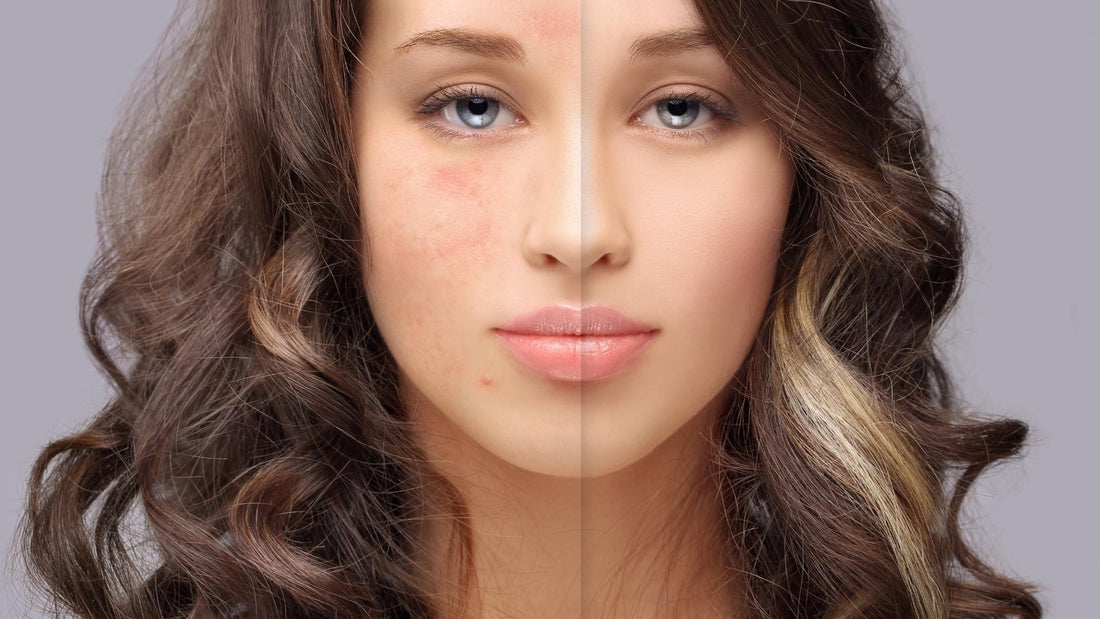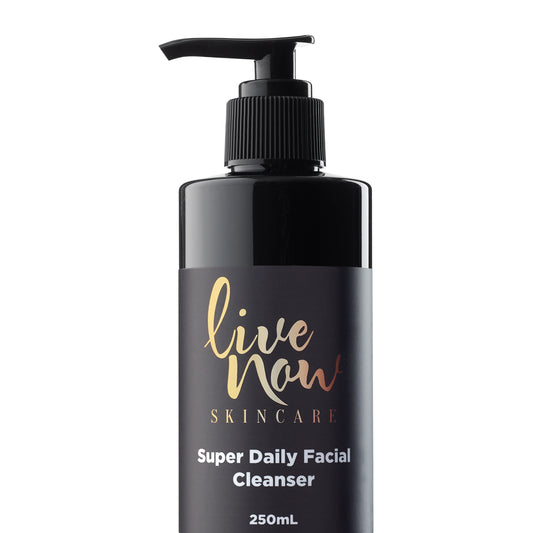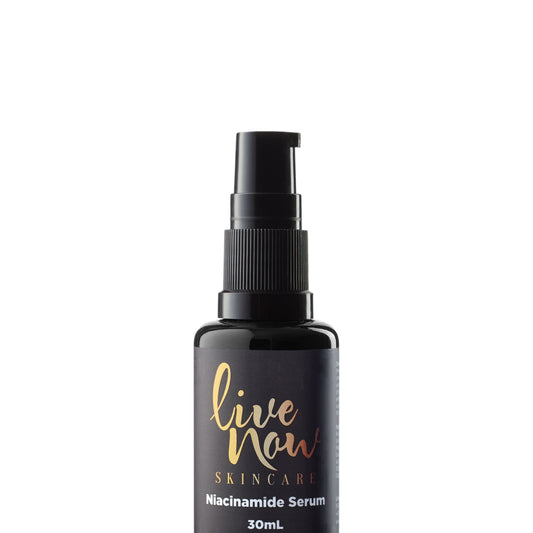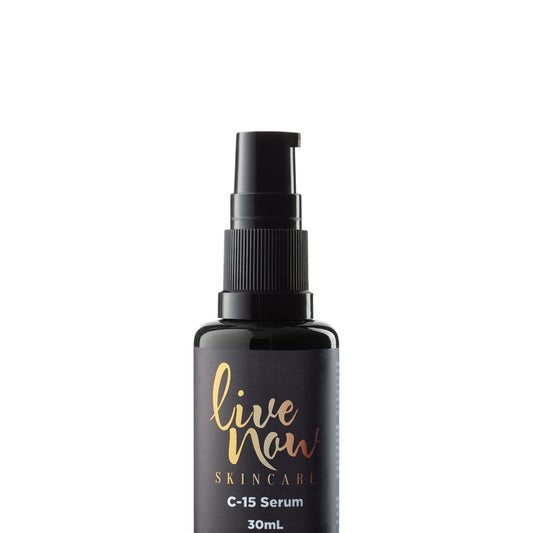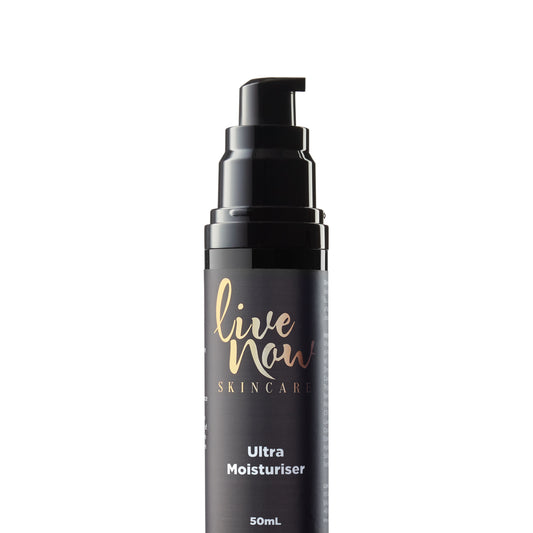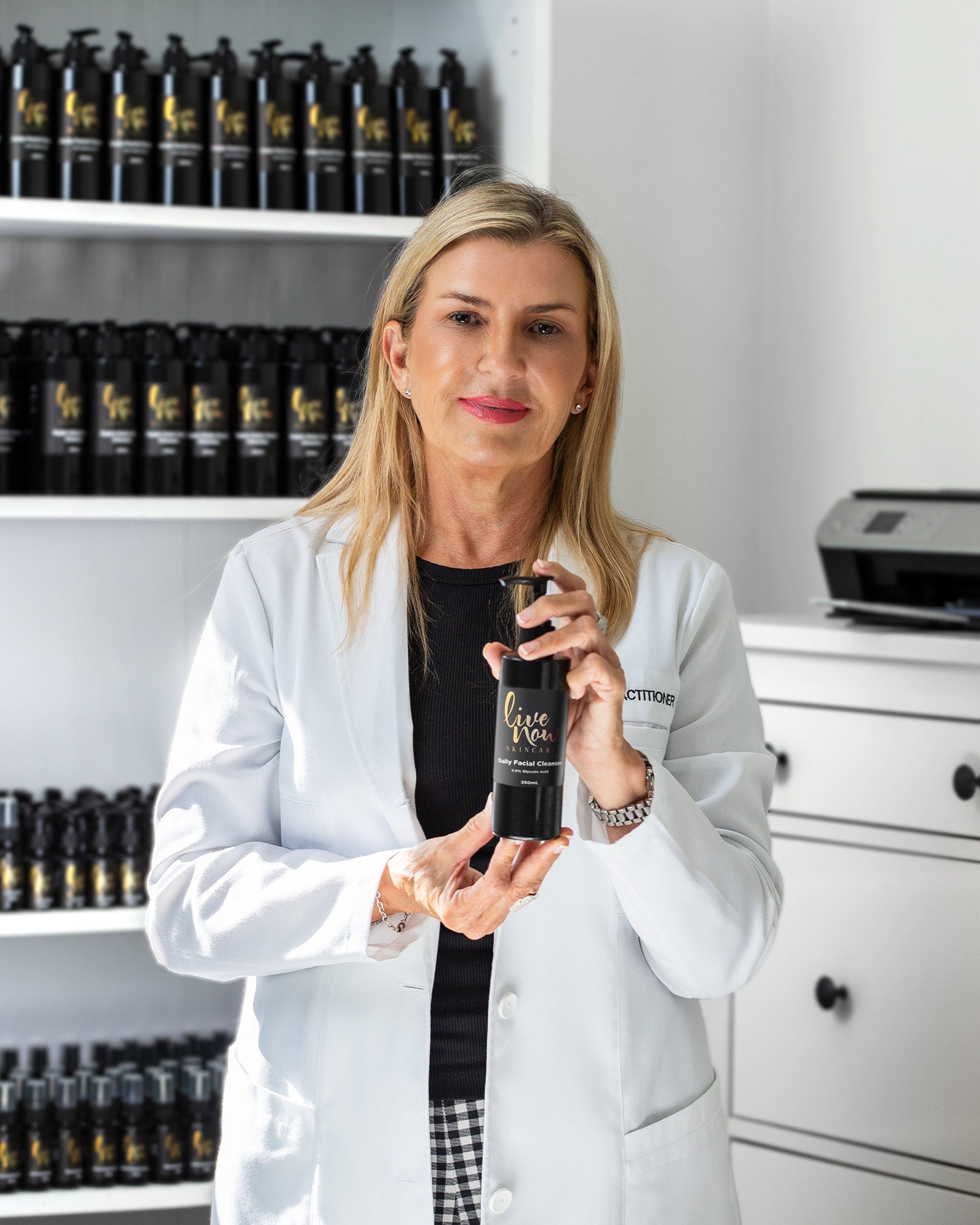Acne is often associated with teenage years, but it can also occur in adults. It's frustrating, especially when nothing seems to work, not even the remedies that were previously effective.
In this guide, we’ll highlight everything you need to know about adult acne as well as the best acne-prone skin treatment.
What is Acne?
Acne is a skin disorder that occurs when oil and dead skin cells clog your follicles. Ordinarily, these follicles are supposed to grow hair, but some don’t.
Adult acne affects roughly 30% of women and 20% of men at some point. Persistent acne, which lasts into adulthood, accounts for 80% of cases among adult females. It mostly occurs on the face, but more than half of people with facial acne also have it on their bodies.
Possible Causes For Developing Acne
Adult acne develops when a skin pore becomes clogged due to inflammation, increased skin oil production, clogged hair follicles, and bacteria.
Here are the top factors that contribute to getting acne.
1. Excess Sebum Production
Adult acne tends to thrive on the face, forehead, chest, upper back, and shoulders because they have the greatest oil (sebaceous) glands.
2. Bacteria
Acne develops when a skin pore becomes clogged, trapping oil that would typically drain to the surface. The clogged pore retains skin oil inside it, where bacteria (Cutibacterium acnes) feed and multiply on the trapped oil.
3. Clogged hair follicles
Hair follicles are often clogged by oil and dead skin cells because they are connected to oil glands. A whitehead then forms when the follicular wall bulges. Additionally, when the plug is exposed to the surface and darkens, it results in a blackhead.
4. Inflammation
Inflammation deep within the hair follicles causes cyst-like lumps to form beneath the skin's surface.
What Are the Main Acne Triggers?
1. Hormonal Imbalance
Hormonal fluctuations are common in women and can lead to breakouts during their menstrual cycle, when taking birth control pills, and around menopause.
2. Side-Effects of Medication
Adult acne is sometimes a result of medication side effects. If you feel that a certain medication increases your acne breakouts, consult the doctor who recommended it. You should also seek assistance from a dermatologist on acne-prone skin treatments.
3. Stress
Researchers have discovered a link between stress and adult acne flare-ups. Your body manufactures more androgens ( a hormone) in reaction to stress.
These hormones cause acne by stimulating the oil glands and hair follicles in the skin. This is why acne can be a persistent issue when you are constantly stressed.
4. Skin and Hair Products
Always check the labels on your skin and hair care products. Ensure that each container bears one of the following terms; Non-comedogenic, Non-acnegenic, or Oil-free.
It would help if you also looked for one of these terms in your moisturizer, cleanser, sunscreen, and other products. They won't clog your pores.
The Best Ingredients For Acne-Prone Skin
The skin's purpose is to act as a barrier against environmental assaults, and its distinctive structure reflects this. Since we expose ourselves to harsh components every day, everything we put on our skin should be free of bacteria, irritation, and excess oil.
If you are looking for acne-prone skin treatment to care for your skin, here are the top options.
1. Salicylic Acid
Salicylic acid is a powerful ingredient found in many acne-fighting products because it effectively penetrates the pores. It works by dissolving dead skin cells and flaky skin that accumulate on your skin and pores.
Salicylic acid also helps to purify and exfoliate the skin, making it healthier and free of bacteria. When combined with retinol, tea tree, geranium, rosehip, and vitamin E, it performs even better as an acne-prone skin treatment.
2. Retinol
One of the most common forms of vitamin A is retinol. It is a necessary vitamin for the formation of new cells, as well as the health and maintenance of tissues and skin cells. Additionally, it is an important component of anti-aging skincare.
Many people swear by retinol because it enhances the thickness of the skin by increasing the skin cell turnover. It also unpacks all the dirt that has stayed too long in your pores.
When retinol is combined with Salicylic acid, an anti-acne chemical, it works even better.
3. Glycolic Acid
Glycolic acid is an alpha hydroxy acid (AHA) commonly used in cosmetics for chemical exfoliation. It works as an exfoliant by softening surface dead skin cells that are undetectable, gently removing them from the skin, and leaving it rejuvenated.
This acid is highly useful in treating dermatological problems because it penetrates deeper into the dermis. Despite its reputation as an "anti-aging" component, glycolic acid is also beneficial to skin with excessive sebum production. Due to this, it serves effectively as an acne-prone skin treatment.
4. Niacinamide
Niacinamide is a type of vitamin B3 that is one of the most powerful active components in skincare products. It acts as a healing agent for adult acne-affected skin and reduces pore infection. It also helps blur out enlarged pores and gives the skin an even, smooth appearance.
Additionally, Niacinamide improves skin health by treating acne, hyperpigmentation, and eczema. It also helps to improve the skin's overall appearance by increasing the skin barrier function and treating inflammatory skin problems. It accomplishes this by lowering free radical damage and encouraging the formation of healthy skin cells.
5. Vitamin C
Vitamin C is required for the production of completed collagen fibres. It interacts with the amino acids in collagen cells, supplying them with hydrogen and oxygen, which aids collagen formation. As a result, it's a necessary cofactor for enzymes that crosslink and stabilize collagen.
Collagen, a protein that strengthens and elasticizes your skin, slows if you don't get enough vitamin C, a necessary acne-prone skin treatment. Our skin's collagen production is reduced by aging, sun exposure, and pollution, resulting in wrinkles.
Bottom line
It's important that you pay close attention to how chemicals interact and complement one another when deciding on the best ingredients for your adult acne. Understanding how acne develops and avoiding the triggers is also an effective way of keeping this persistent ailment at bay. However, using the given science-backed ingredients will not only manage your acne but will also clear your skin.

